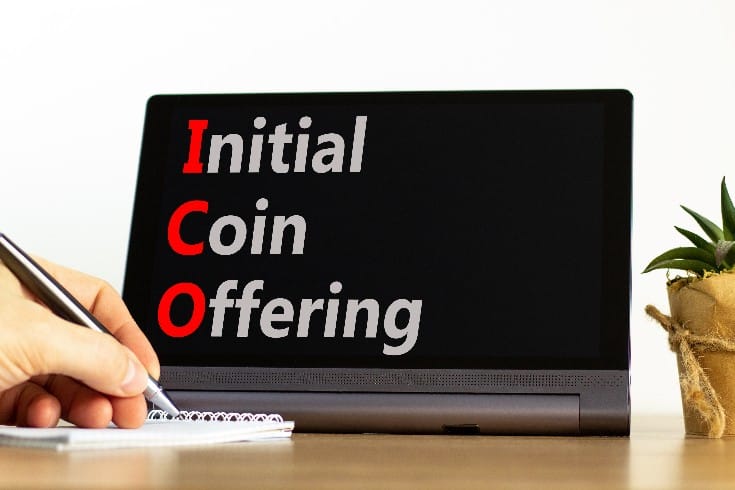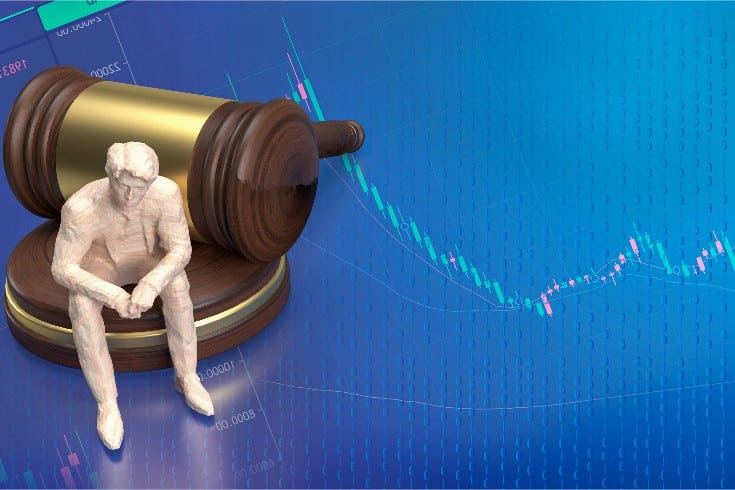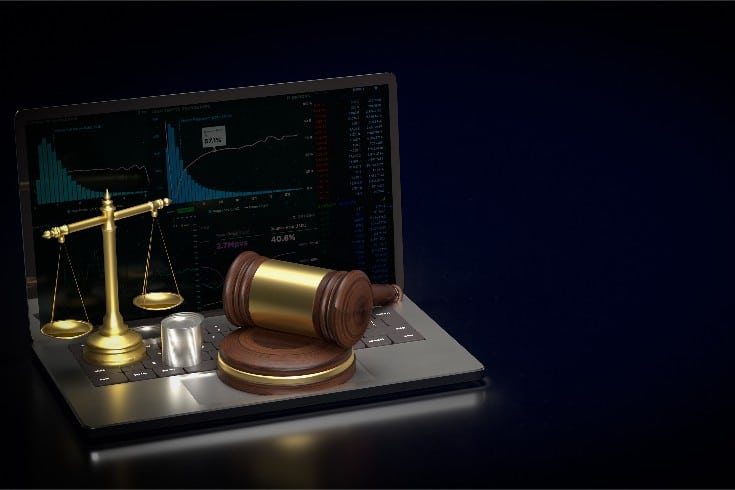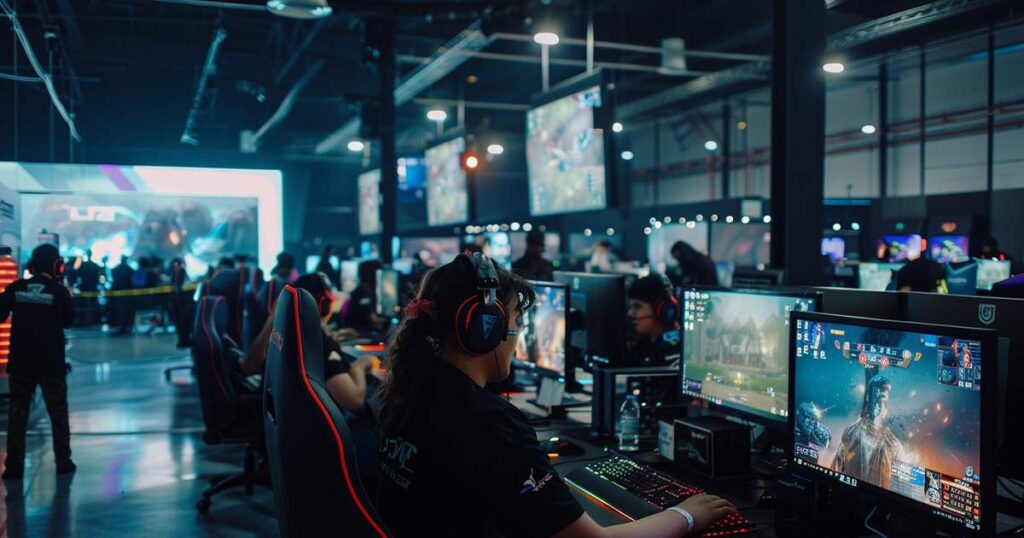Foreign and Overseas Case Studies on Legal Regulations of ICOs

An ICO (Initial Coin Offering) is a method of raising funds from investors in exchange for issuing a new crypto assets. Since the concept of crypto assets itself is fundamentally a technology born from a new technology called blockchain, the method and history of fundraising through ICOs is relatively new, and legal development is currently a challenge in many countries (for more information on how blockchain technology supports the circulation of crypto assets, please refer to a separate article).
https://monolith.law/blockchain/blockchain-technology[ja]
This article organizes the differences in regulations for ICOs in various countries. At the same time, it examines the challenges facing the international community and the global economy as a whole regarding ICOs, beyond the differences in stance between countries.
Patterns of ICO Legal Regulations
When categorizing the approach to ICO regulations in various countries, including Japan, the patterns can be broadly divided into the following four categories:
- Countries that prohibit ICOs outright
- Countries that attempt to regulate ICOs by expanding the scope of existing legal fields
- Countries that construct special legal fields for ICOs in an attempt to regulate them
- Countries that do not specifically regulate ICOs
Japan falls under the second category. Therefore, in Japan, ICOs are considered legal as long as they are in compliance with existing legal fields. However, this does not mean that one can be indifferent to the approach of ICO regulations in other countries when conducting ICOs in Japan. This is because, by nature, ICOs often raise funds online across national borders. In such cases, it may be necessary to consider the regulatory approach in the residence of the purchaser of the virtual assets (often referred to as tokens in this context) issued by the ICO. Given these circumstances, it is essential to pay close attention to the trends in foreign legal regulations in order to legally conduct an ICO.
Countries that Prohibit ICOs

China
China is a country that has taken an extremely negative stance towards ICOs. In China, ICOs are seen as hotbeds for money laundering and the like, and the majority of them are considered illegal. As a result, ICOs have already been completely banned in China.
However, this does not apply to Hong Kong. In Hong Kong, as long as the ICO is based on proper procedures, the government’s stance is to allow it. The regulation of ICOs in Hong Kong essentially reflects the policy of the U.S. Securities and Exchange Commission, and is based on a completely different philosophy from that of mainland China.
On the other hand, in contrast to its strong regulation of ICOs, which could be described as a rejection, China is focusing on technological development as a national policy to support the circulation of crypto assets. The country’s personalityistic of leading technological innovation under government leadership, while regulating the use of new technologies based on strong government authority, is also alive and well in the field of blockchain law.
South Korea
South Korea has also banned all forms of ICOs in 2017 due to concerns about fraud, market manipulation, and money laundering. In South Korea, major companies that drive the domestic economy, such as Samsung Electronics, are enthusiastic about nurturing blockchain technology, and there has been a history of active asset management using crypto assets. The situation in South Korea’s Fintech industry is symbolized by the fact that the steps of the political and financial worlds are not well aligned. For example, there have been cases where ICOs planned in the country were implemented overseas due to these regulations. The criticism that the aforementioned ICO regulations could hinder the growth of the Fintech industry is still strong, and it will be necessary to keep an eye on how the regulations will change in the future.
Countries Attempting to Regulate ICOs by Expanding the Scope of Existing Legal Fields

What kind of measures are being taken by countries regulating ICOs under existing laws?
United States
In the United States, under the U.S. Securities Act, Initial Coin Offerings (ICOs) are considered to be subject to securities law regulations, especially if they are not specifically authorized. In other words, tokens issued through ICOs are positioned as “securities” under securities law, and ICOs are regulated based on the existing framework for securities investments.
Incidentally, the U.S. judiciary uses the following four items, known as the Howey Test, as a criterion for determining whether something qualifies as a security. If all four items are satisfied, it is judged to be a security. This framework also applies to ICOs.
- It is an investment of money. (Whether it is an investment in cash)
- There is an expectation of profits from the investment. (Whether a return can be expected from the investment)
- The investment of money is in a common enterprise. (Whether it is an investment in a common enterprise)
- Any profit comes from the efforts of a promoter or third party. (Whether the profit is brought about by the efforts of another company)
Under these criteria, Bitcoin and Ethereum are not considered securities under U.S. law. This is because these crypto assets do not operate under a system where investments are recovered through the efforts of the issuing company, and they are not considered to meet all four requirements of the Howey Test. In the case of crypto assets with a decentralized structure, they are not considered to be securities.
Singapore
While Singapore has been promoting the cashless transition of its national currency under government leadership, it is also a country that has shown a relatively cautious stance towards ICOs. In Singapore, tokens issued through ICOs are regulated in the same way as securities futures trading. Furthermore, in cases where they should be treated as stocks under the law, they are subject to the same legal regulations as existing securities.
However, Singapore also has distinctive features such as explicit legal provisions for cases where the application of the above regulations is excluded (for example, when the investment is small).
Switzerland
In Switzerland, efforts are being made to advance ICO regulations in a way that does not hinder the growth of the blockchain industry. Similar to the United States and Singapore, Switzerland is extending regulations for existing financial products to ICOs. However, they are also working on a system design that classifies tokens and changes the applicable laws according to their nature. The classification of tokens is as follows:
| 1. Payment Tokens |
| →These are tokens used solely for payments and settlements. In this case, while they are subject to regulations such as anti-money laundering, they are not considered securities. |
| 2. Utility Tokens |
| →These tokens represent the right to receive services from future businesses or the right to exchange for goods. If they only serve as vouchers or coupons, they are not considered securities. |
| 3. Asset Tokens |
| →These tokens represent rights such as receiving dividends or voting rights. In this case, they are considered similar to actual shares, and various laws and regulations apply as a type of security. Specifically, the creation of a prospectus (commonly known as a white paper) becomes obligatory. |
The approach of distinguishing the content of legal regulations applicable to tokens based on the above three types has been adopted. However, it is naturally assumed that tokens with personalityistics that satisfy these types simultaneously will be issued in the future. How such borderline cases will be treated awaits the accumulation of precedents.
Notably, Switzerland is a country where many blockchain-related companies, including Ethereum, have their headquarters, and where ICOs are already very active. Given this background, it is expected that they will aim for balanced regulations while targeting the long-term development of this industry.
Germany
In Germany, the approach is to broadly categorize the content of tokens issued in ICOs into three types: those that can be considered as securities (Japanese Securities Prospectus Act), those that can be considered as assets (Japanese Asset Investment Act), and those that can be considered as shares (Japanese Capital Investment Code). The existing laws are applied accordingly. If any of these apply, the ICO implementer may be required to submit documents such as prospectuses based on the applicable legal regulations.
Furthermore, the administrative view is that whether or not the tokens issued in an ICO can be considered as securities is determined by whether or not the following conditions are met:
- It is possible to transfer and can be bought and sold in the market
- It has rights as a member, similar to dividends
- It does not have a use as a means of payment, like cash
- The holder’s information is recorded by blockchain technology
Countries Building Special Legal Fields and Regulating for ICOs

France
In France, since 2017, the French Financial Markets Authority has been leading the development of a legal system for crypto assets. France is advancing new legal developments for conducting ICOs, directly regulating the “proper way to conduct ICOs”. Particularly notable is the introduction of a licensing system that grants licenses to ICO organizers, an attempt to provide national credit guarantees for ICOs. However, it is not prohibited to conduct an ICO without a license, and there is a clear stance to balance market development and risk management.
Gibraltar
Gibraltar is also a country that is independently advancing legal developments to regulate ICOs. In this legislation, rules that ICO organizers should comply with for crime prevention such as money laundering are indicated, and provisions are also made for obligations to disclose information.
Abu Dhabi
In Abu Dhabi, considering the unique dispute risks of crypto assets such as system failures, they are advancing the development of their own legal regulatory framework for ICOs. Here, not only measures against money laundering and consumer protection, but also obligations of businesses related to information security are included in the regulatory content.
Countries with Minimal Regulations on ICOs
Belarus
So far, the examples of countries we’ve seen have all attempted to impose some form of legal regulation on ICOs, to varying degrees. In contrast, Belarus is making efforts to attract foreign companies by significantly relaxing regulations on ICOs.
In an interesting move, Belarus enacted a law in 2018 (Gregorian calendar year) specifically to legalize crypto assets and ICOs. With the aim of attracting IT companies from around the world, policies such as tax relief on crypto assets mining, transfers, and transactions, as well as visa exemptions under certain conditions, have been introduced.
However, the country is also taking steps to regulate the risk of fraudulent ICOs that prey on the ignorance of general investors. For example, by imposing participation conditions for token purchases and incorporating requirements such as financial resources, educational background, and work history, they are striving to connect the attraction of foreign companies to the development of the domestic economy from a consumer protection perspective.
Summary
The table below summarizes the content discussed above, including countries not covered in this article.
| Countries that prohibit ICOs | China (excluding Hong Kong), South Korea |
| Countries that regulate ICOs by extending the scope of existing laws | United States, United Kingdom, Singapore, Switzerland, Germany, Japan |
| Countries that build special legal areas to regulate ICOs | Abu Dhabi, Israel, Gibraltar, France, Russia |
| Countries that do not specifically regulate ICOs | Belarus |
The stance on ICOs and crypto assets varies greatly from country to country. However, if we ignore the differences in whether these stances are positive or negative, we can see some common patterns. The situation where the role of the state is questioned from the perspective of fair taxation and consumer protection, while highly evaluating the technological innovation brought about by the new technology of blockchain and the impact of crypto assets and ICOs on the existing financial industry, can be said to be universal regardless of the country.
Also, the process of enhancing legal measures against ICOs generally follows the order of:
- The government issues warnings to the public about fraudulent ICOs
- Attempts to regulate ICOs through existing laws
- Gradually advances individual legal measures against ICOs
It seems that there is a certain lawfulness that this order is often followed.
When discussing the future shape of regulation in Japan, it is important to understand the variation in stance between countries and the daily technological innovations and economic trends that all countries are facing.
Category: General Corporate
Tag: General CorporateIPO





















